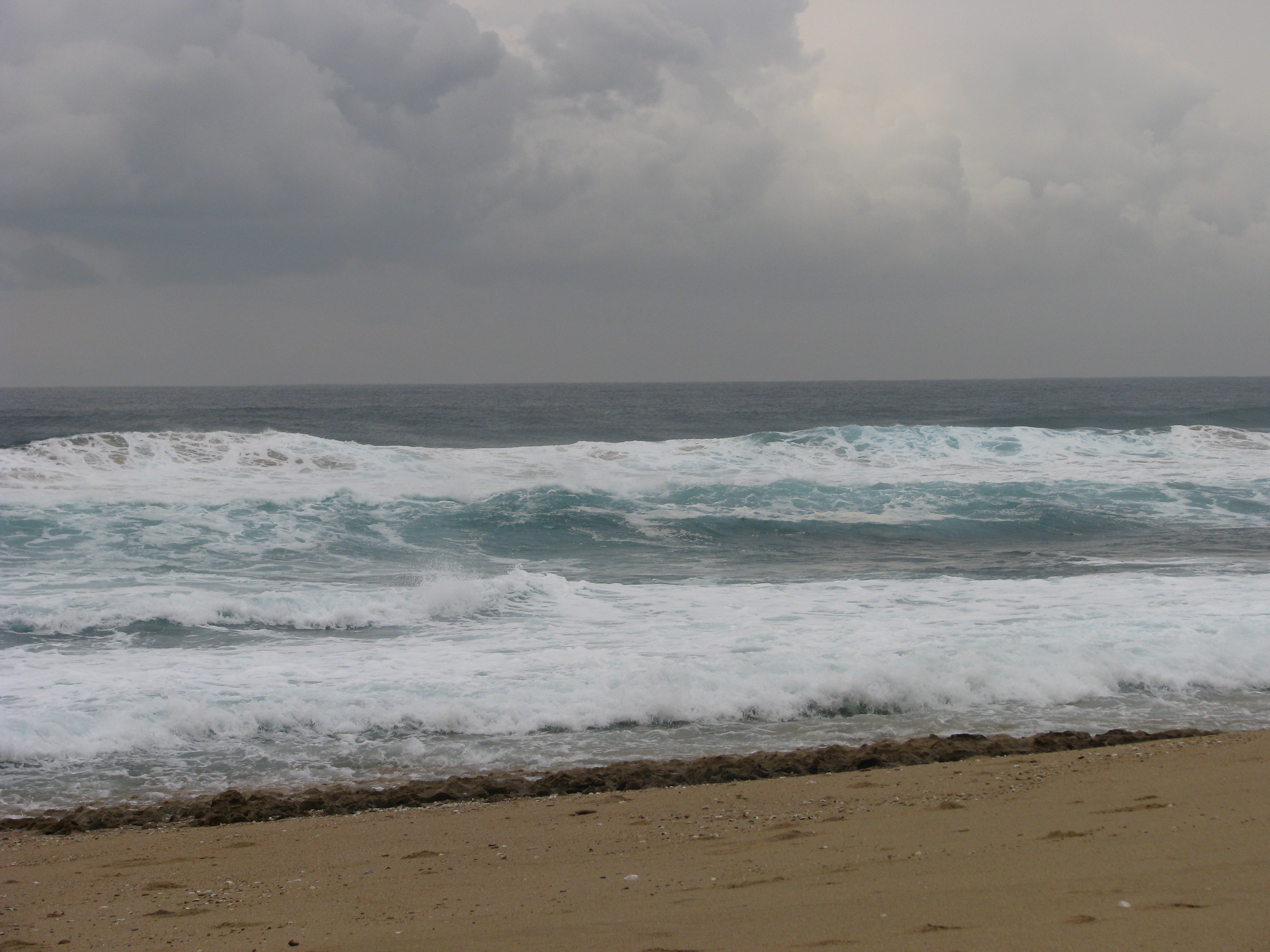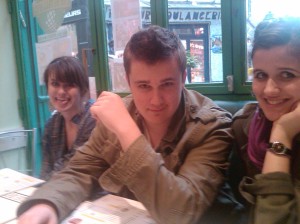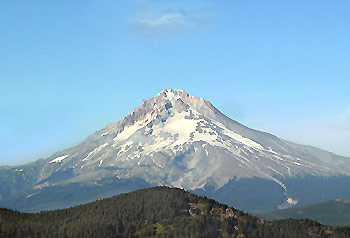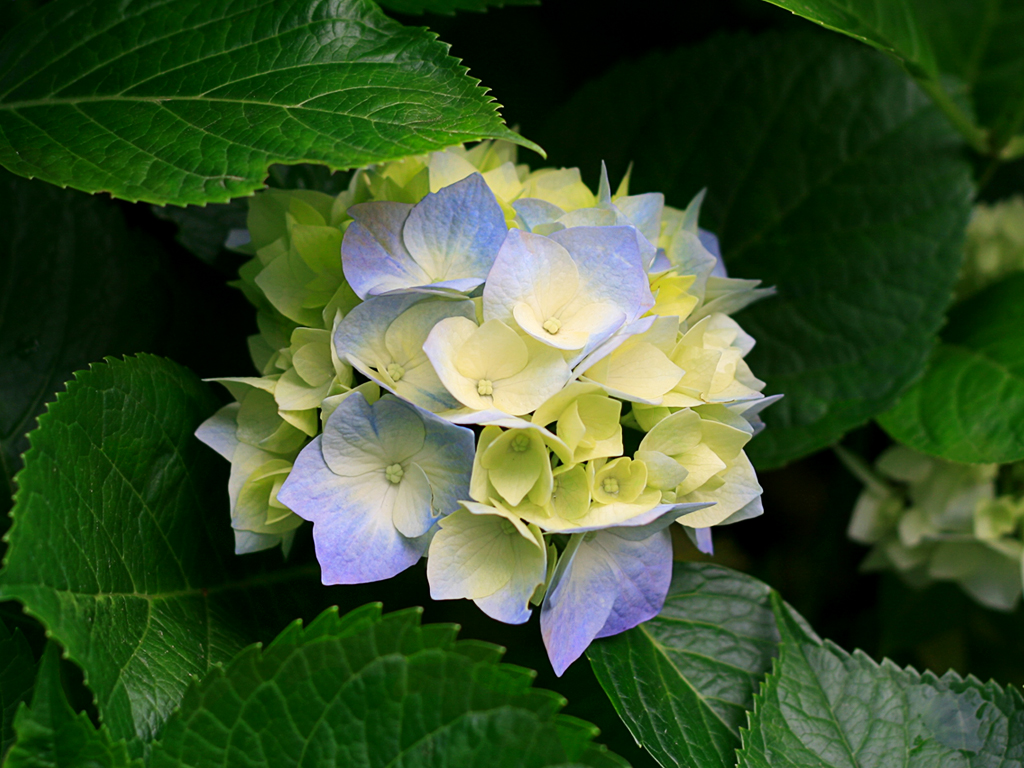MIDDLE OF THE ROAD
 I’ve gone beyond caring about Democrat and Republican, about laying blame with one party and spouting phrases that in the end “signify nothing.” Really I have; and it’s seems as a nation, as a world, there might be some sanity in this chosen, but not resigned, approach. Election year notwithstanding. What is at risk with an aversion to identifying solely with any one belief system?
I’ve gone beyond caring about Democrat and Republican, about laying blame with one party and spouting phrases that in the end “signify nothing.” Really I have; and it’s seems as a nation, as a world, there might be some sanity in this chosen, but not resigned, approach. Election year notwithstanding. What is at risk with an aversion to identifying solely with any one belief system?
It’s not that I’ve gotten complacent about matters of human injustice, environmental concerns, or the sadistic powers that lead to horrific crimes against humanity.
It is more that I would prefer to plead the case of the adoption in our culture of (what may be classically deemed an Eastern culture school of thought), the middle way. Incumbent upon us at this juncture of our nation and the world’s history is to find the in-between space between rapid dogma and the insipid and weak refusal to stand up for anything. Herein lies change, herein lies greatness.
From our ominpresent consumer perspective, this is a hard concept to sell. So instead what is being peddled year after year, is division, is separateness. What is continually wiped from our memory is the fact that we have been and are a pluralistic nation with many truths, just as the world in which we live has always been. Embracing a multiplicity of ideas can be daunting, and the “hegemonic imagination” (i.e., those in power) are continually thwarting any efforts by those who are attempting to undertake this task (consciously and unconsciously).
Added to this paradigm, much of our religious identity in the United States has stemmed from the Enlightenment conception of self. The main idea being that “each person is an independent unit that is an autonomous, self-determining ego”. Key, here, is the notion of autonomy. This has unleashed an unrestrained individualism in many of our private and public beliefs and practices that stress personal responsibility and despise any hint of or the reality of dependency.
 Richard Niebuhr, along with other modern theologians, have cautioned against this tendency which focuses excessively on me, blindly on us, and divided from them. The underlying flaw in this logic is that it limits our sphere of responsibility to some degree, instead of widening the scope to humanity and the Universe. What emerges is that “I must find my center of valuation in myself, or in my nation, or in my science, etc. Good and evil in this view mean what is good for me and bad for me; or good and evil for my nation”, etc…but not that what is good in a more broad sense of looking toward sources of creativity or social solidarity.
Richard Niebuhr, along with other modern theologians, have cautioned against this tendency which focuses excessively on me, blindly on us, and divided from them. The underlying flaw in this logic is that it limits our sphere of responsibility to some degree, instead of widening the scope to humanity and the Universe. What emerges is that “I must find my center of valuation in myself, or in my nation, or in my science, etc. Good and evil in this view mean what is good for me and bad for me; or good and evil for my nation”, etc…but not that what is good in a more broad sense of looking toward sources of creativity or social solidarity.
 For any ongoing process of transformation to take place, we need to put boundaries around our own needs or desires and make room for the legacies of others to penetrate our awareness. This means being able to sit in the discomfort of another’s painful story, a piece of our collective memory.
For any ongoing process of transformation to take place, we need to put boundaries around our own needs or desires and make room for the legacies of others to penetrate our awareness. This means being able to sit in the discomfort of another’s painful story, a piece of our collective memory.
































